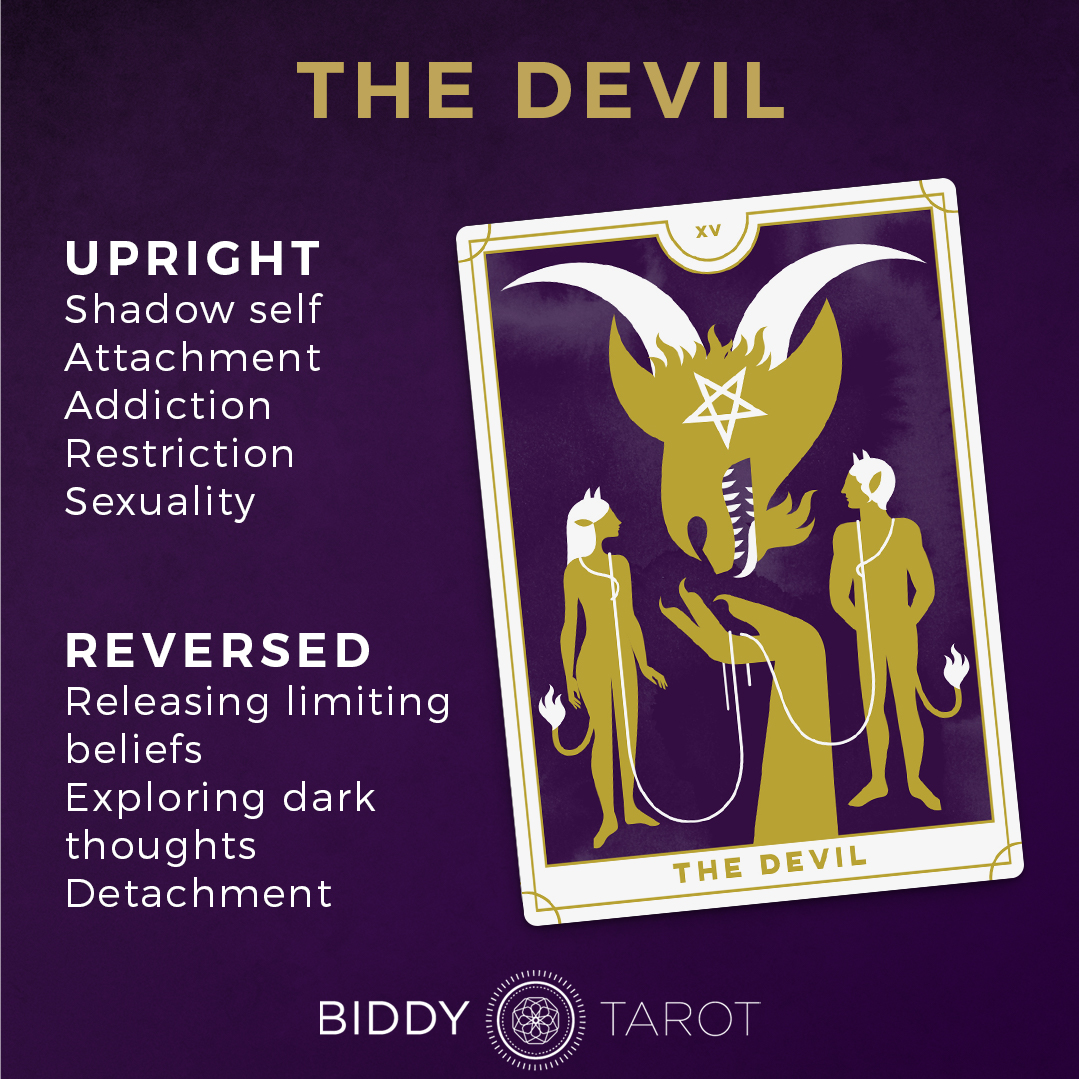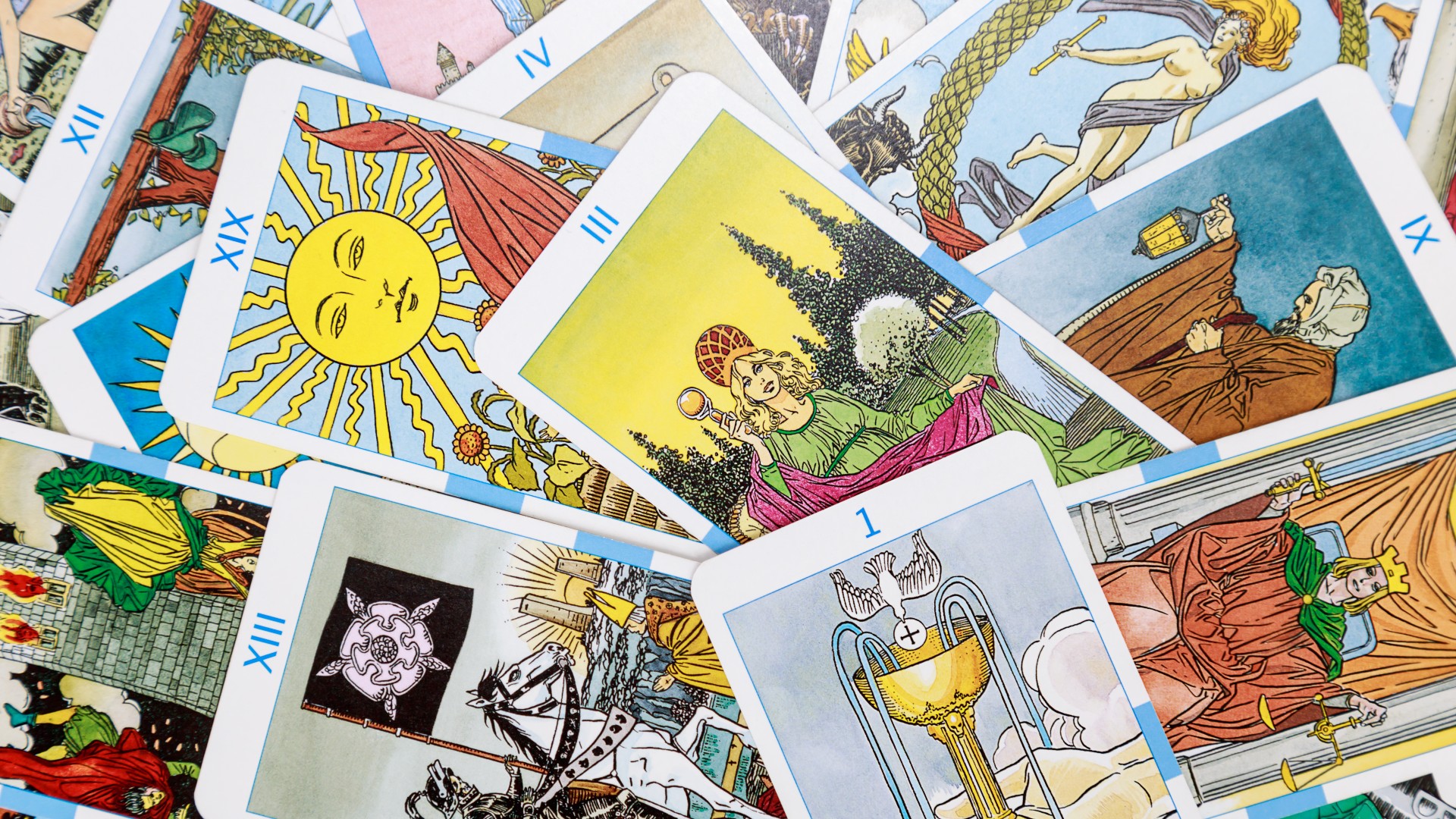
The Strength tarot deck card is also known as "healer", which can be a strong indicator of personal or professional growth. Although it is a common card in tarot that is overlooked, its strength lies in its ability help you control your emotions as well as your actions. It can also signify your ability or inability to find love.
The Strength tarot card can show you that you are capable of doing things for yourself that others can't, such as taking a risk. You should look at areas of your life where you feel weak. It might be a good idea to take up a hobby, volunteer or just spend more time doing what you love. These are all great ways to boost your inner strength.
The Strength tarot cards also symbolise compassion and patience. These are valuable skills. This card can also symbolize forgiveness and learning to trust again. It can affect your ability and willingness to do daily activities. Strength can also signal a need to calm your animal instincts. It can also suggest that you are a sensitive person who is capable of finding joy in life.

The Strength tarotcard is also an excellent card for work. If you are uncertain about the best path for your career, it is best to identify your natural talents and strengths. This will help you choose the path that's right for your career.
The Tarot deck contains the Strength card as one of the most important cards. It is a card that shows great power and will help you overcome obstacles. You must be able to control your emotions. If you allow your emotions to run wild, or you become overwhelmed, you might regret what you did. This card also symbolizes patience and perseverance, so you might want to practice these skills until they become a habit.
The Strength card in the Tarot can also represent the ability to resolve conflict and find a solution. It can also show you that you are a capable leader. This card can also suggest that you are a compassionate person who is able to help others in need.
The Strength card in the Tarot symbolizes your ability to remain positive even when faced with difficult situations. This skill is useful in all aspects. You may need to rest if you're experiencing depression or other negative emotions. Strength can also signify a need for control, especially in relation to emotions. If you're in a relationship with Strength, it can signify a need for cooperation to solve problems.

Taking risks in life is not always an intelligent choice. Although taking risks can be a sign you're a risk-taker, it's important to make sure you're not taking unnecessary risks.
FAQ
What are observation hobbies?
Observation hobbies allow you to observe others doing the same thing. These hobbies could include reading books, watching sports, or going on vacation. It could also be observing other people as well.
Observation hobbies can be very beneficial because they allow you to learn how creative thinking works. You can use this knowledge later when you're working on projects for yourself or others.
You'll discover that it's easier to learn if there's a passion for something.
If you're interested in football, for instance, you could watch it or read a book. Exhibitions are a great way to learn about photography.
You can play along with songs online or purchase a guitar if you love music.
You have the option to make your own meals or take out at a restaurant if you enjoy cooking.
If gardening interests you, you could plant vegetables or flowers.
If dancing is something you enjoy, join a dance class.
You can paint pictures if your passion is painting.
Write poetry and stories if that is what you love to do.
You might enjoy drawing pictures, if you are a good artist.
If you love animals, you could look after pets or work at a zoo.
If science interests you, you can study biology, chemistry or physics.
If history is your passion, you can either read books or watch films. Or you could listen to podcasts.
You could explore the world or travel to places you love if you are a lover of traveling.
Where can I find free resources to learn more about hobbies?
Many websites offer help in finding new hobbies.
Here are some of our favorites:
www.trythisathome.com - This site provides a list of over 100 different hobbies. It also provides information on how to get started in each one.
www.hobbyfinders.org offers a huge database with thousands of activities. You can search for your interests, skills, location, and many other criteria.
www.indiebazaar.co.uk - IndieBazaar is an online marketplace designed specifically for independent artists and musicians. This site offers hundreds of products, ranging from artwork and music gear.
www.pinterest.com/explore/hobbies - Pinterest is a social media network that lets users "pin" images they find interesting onto their boards. Boards let users organize what they like into particular categories.
www.reddit.com/r/Hobbies Reddit enables users to post links and articles, as well as videos, on other social media platforms like Facebook. Users can vote on which posts they think are most valuable.
Is it possible that you can make a lot of money from your hobby?
Not necessarily.
But if your passion is to start a business, you might be able to make a lot of money.
Let's suppose you enjoy cooking. You love healthy food and decided to open a restaurant.
You only offer organic meals from scratch. Customers pay a small charge to cover the cost of ingredients and labor.
You can grow your clientele over time and eventually hire employees who will work alongside you.
You will eventually be able to expand your menu with vegan options and gluten-free choices, as well as desserts.
This is how you have created a successful company that has enabled you to enjoy the lifestyle you desired.
You don't have a right to quit your job.
Instead, you could simply run your restaurant while still holding down your regular 9-5 position.
What are some good hobbies ideas?
Your favorite hobbies are ones you enjoy. It will be easier to continue doing what you love if you are passionate about your work. You will have a reason when you feel sick or tired.
There are many hobbies that we all enjoy: gardening, painting and crafts; photography; cooking; sports and games; reading music and film-making; collecting; cycling, walking, dancing and writing; playing instruments and other musical instruments.
Consider volunteering at your local animal shelter, charity shop, hospice, children's hospital or hospice, elderly care home, school center, church, or community center.
Let's say you are looking for something more exciting. Why not take up scuba diving, rock climbing, sky diving, bungee jumping, white water rafting, sailing, surfing, canoeing, kayaking, horse riding, zip lining, hang gliding, paragliding, skydiving, snowboarding, skiing, mountain biking, hiking, camping, fishing, hunting, archery, shooting, clay pigeon shooting, target shooting, golf, tennis, swimming, snorkeling, windsurfing, waterskiing, kitesurfing, wakeboarding, standup paddle boarding, hang gliding, parasailing, hot air ballooning, paragliding and many more.
There are many unique ways to spend time in the outdoors, whether you're looking for adventure or a more traditional way to do it. You can go cliff diving, cave tubing or snowshoe hiking, snowshoeing or snowkiting.
How can I find a hobby?
You might feel as though you don't have a choice when you first start your quest for a hobby.
You might be thinking "I'm not very creative" or "I am terrible at sports" or even "I don’t know anything”.
You probably have plenty of experience and knowledge to use when you are looking for hobbies.
It's just not something you're aware of.
Take a tour of your house. Do you have a lot of stuff?
Are there any toys that you don't use anymore?
Perhaps you own a collection or magazines.
You might have always wanted the ability to cook.
Perhaps you would like to play guitar again.
Whatever it may be, you can likely turn it into something.
The key is to realize that you already have plenty of experiences to draw upon.
You'll find a hobby that fits your lifestyle once you do.
What are competitive hobbies?
Swimming, running, cycling, golfing and tennis are some of the competitive sports.
They're usually played by people who enjoy physical activity but also provide an opportunity for social interaction.
You'll likely find others who are interested in your hobby if it involves physical activity.
This could include joining a club/group that allows you to play sports together regularly.
You can also participate in team games where you play alongside others.
These include soccer (soccer), rugby, netball and hockey.
There are many different types of competition.
Some competitions are only for recreational purposes.
Others are intended to test competitors' skill.
Other rewards are available to recognize exceptional performance.
In these cases, winners receive prizes.
Other competitions test strength and endurance.
These are known endurance events.
For example, marathon races, triathlons, Ironman Triathlon, etc.
These events are often contested by athletes who train hard.
They will follow a strict training program to prepare themselves mentally and physically.
They might also need to be away from their homes during preparation.
It is important to keep in mind that not all athletes can compete in every event.
What are your favorite hobbies right now
Popularity does not always mean that you are popular. It is often used to excuse mediocrity. Many people have no time for hobbies or other interests. They are too busy trying to make ends meet. You don't have the time to do all of these things. You could start your own company.
However, this isn't easy. There are many obstacles to overcome before you can turn your idea into reality.
If you are looking for something more than running a business you might consider starting a hobby.
Hobbies do not have to be limited to creative pursuits. There are many different kinds of hobbies available. These include:
-
Gardening
-
Cooking
-
Photography
-
Reading
Statistics
- The intensity of the dialogue partners' bond at the end of the forty-five-minute vulnerability interaction was rated as closer than the closest relationship in the lives of 30 percent of similar students. (time.com)
- A new survey by Pew Research Center of teens ages 13 to 17 finds that 36% of girls feel tense or nervous about their day every day; 23% of boys say the same. (pewresearch.org)
- Almost 80% of people claim to have no hobby. (hobbylark.com)
- I am 100% biologically a woman (discover.hubpages.com)
- Studies show that just six minutes of reading can reduce stress levels by 60 percent. (oberlo.com)
External Links
How To
How to begin gardening
Gardening has been around since the dawn of agriculture. It requires patience, persistence and determination. It is important to choose the right location for your garden. This could be a large plot of land or even just a small area in your backyard. Next, pick the type of plants that you would like. Do you prefer vegetables or flowers? Some people enjoy growing herbs while others love raising livestock such as rabbits. Before you decide on what type of crops to plant you need to take into consideration how much space you have. If you live in a region that experiences cold winters then it is possible to grow fruits and berries.
Once you have made your choice, it is time to prepare the soil. It is vital that your soil is prepared properly to determine whether or not your plants will thrive. The soil should be rich in organic matter to provide nutrients for your plants' roots. Organic matter includes organic matter such as leaves, twigs or grass clippings. You need nutrients to your soil after you have prepared it. You will need different amounts of nutrients depending on which type of plants are being grown. Online fertilizer calculators can be used to determine these values. Many fertilizers are available, so make sure you know what you are buying.
After you have prepared the soil and added nutrients, it is time to wait for your seeds germination. The process can take between 2 and 3 months depending on how hot or cold it is in your region. After seeds have sprouted, water them every day. Too much or too little water can cause problems. Make sure to give your plants water at regular times and not overwater. Overwatering can lead to root rot and fungal diseases. Remember that plants need less water in the summer than they do in the winter. Keep in mind that certain plants may need to be dried after being watered. For example, tomatoes need to stay slightly moist but not wet. They are not happy to be in soggy soil. After flowers are finished, plants must go dormant. When plants stop producing new growth, they go dormant and start storing energy for next season's harvest. Dormancy occurs when the plant stops sending signals that tell its roots to produce food. The plant continues to store energy during this time. Plants will soon die if they are exposed to too much or too cold temperatures.
If you live in an urban environment, you may find yourself limited in the kinds of plants that you can grow. Urban areas tend to contain concrete sidewalks, roads, buildings, and parking lots that block sunlight from reaching the ground. Concrete absorbs light which blocks sunlight from reaching the ground below. This is why many plants cannot thrive in cities. There are many plants that can survive in urban environments. Many trees, shrubs and perennials can thrive in urban environments. Many annuals can also grow indoors in pots. You can have fresh greenery all year round with container gardens.
Now that you have decided where to place your garden, chosen what you will grow, and prepared your soil, you are ready to plant!